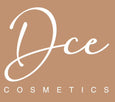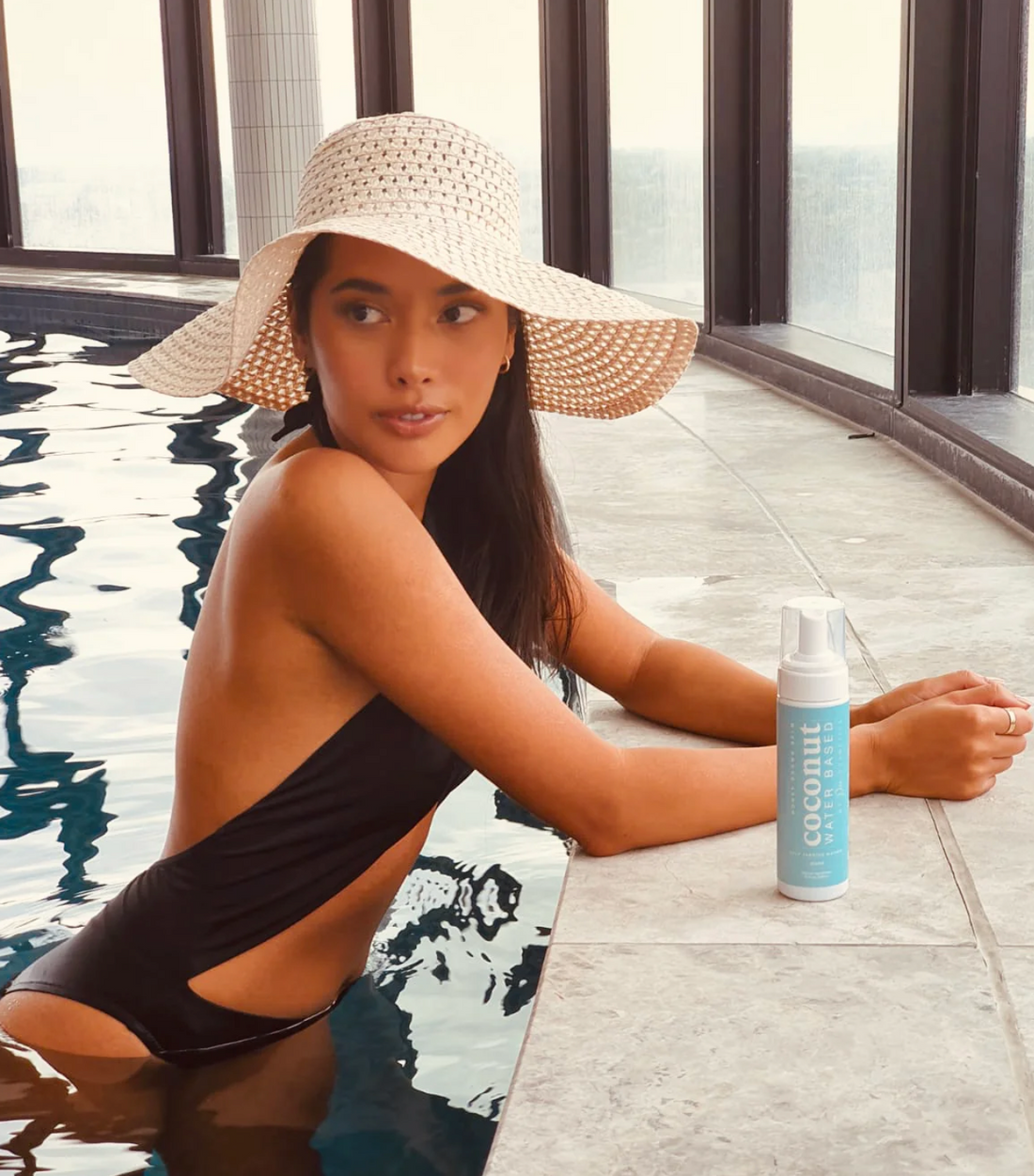What Is Self Tan?
Self-tanning, also known as sunless tanning or fake tanning, is a method of achieving a tan without exposure to the sun's ultraviolet (UV) radiation. It involves applying a product to the skin that contains dihydroxyacetone (DHA), a colourless chemical that interacts with amino acids in the dead skin cells on the outermost layer of the skin. This reaction produces pigments called melanoidins, which darken the skin temporarily, typically lasting for several days to a week before fading away as the skin naturally sheds.
Self-tanning products come in various forms, including lotions, sprays, mousses, gels, and wipes, catering to different preferences and skin types. Some formulations include additional ingredients like moisturisers, bronzers, or skin-nourishing agents to enhance hydration and provide an instant bronze tint upon application. Users can choose the intensity of their tan by selecting products with different concentrations of DHA, allowing for customisation based on desired results, from a subtle glow to a deep bronze.
Self-tanning has gained popularity as a safer alternative to traditional sunbathing or tanning beds, which can increase the risk of skin damage, premature ageing, and skin cancer due to UV exposure. By providing a sun-kissed complexion without UV radiation, self-tanning allows individuals to enjoy a tan appearance while minimising potential harm to their skin. However, it's essential to follow product instructions carefully, exfoliate the skin beforehand for even application, and use sunscreen alongside self-tanners to maintain skin health and protect against sun damage.

Are Self Tanners Safe?
Self-tanners are generally considered safe when used as directed. The active ingredient in most self-tanning products, dihydroxyacetone (DHA), has been approved by regulatory agencies like the FDA for topical application and has been used in cosmetics for decades. DHA works by reacting with amino acids in the outer layer of the skin to produce a temporary darkening effect, mimicking a suntan. Unlike UV radiation from the sun or tanning beds, which can damage the skin and increase the risk of skin cancer and premature ageing, self-tanners provide a tan without exposure to harmful UV rays, making them a safer alternative for achieving a bronzed complexion.
However, it's essential to use self-tanners properly to avoid adverse reactions or uneven results. Patch testing on a small area of skin before full application can help identify any potential sensitivity or allergic reactions. Additionally, exfoliating the skin beforehand and moisturising dry areas can promote a more even tan. While self-tanners can provide a sun-kissed glow, it's crucial to continue practising sun safety by wearing sunscreen, seeking shade, and avoiding prolonged sun exposure to maintain skin health in the long term.
Can Self Tan Expire?
Yes, self-tanning products can expire, and it's essential to be aware of their shelf life for optimal results and safety. Most self-tanners have a typical shelf life ranging from 1 to 3 years, although this can vary depending on the formulation and specific ingredients. Over time, the active ingredient in self-tanners, dihydroxyacetone (DHA), can degrade, leading to decreased effectiveness in producing a tan. Additionally, other ingredients in the product, such as preservatives and moisturisers, may lose efficacy or become prone to bacterial growth as the product ages.
Expired self-tanners may not only result in a less desirable tan but could also pose potential risks, such as skin irritation or allergic reactions. To ensure the best outcomes and minimise the risk of adverse effects, it's advisable to check the expiration date on the packaging before use and discard any products that have passed their expiration date. Proper storage, such as keeping self-tanners away from direct sunlight and extreme temperatures, can also help prolong their shelf life and maintain their effectiveness.
How Does Self Tan Works?
Self-tanning products work by utilising a colourless chemical called dihydroxyacetone (DHA) as their active ingredient. When applied to the skin, DHA interacts with the amino acids found in the dead cells on the outermost layer of the epidermis. This chemical reaction produces pigments called melanoidins, which darken the skin temporarily. The resulting colour typically appears within a few hours after application and continues to develop over the next 24 hours, reaching its full intensity.
It's important to note that self-tanners do not actually tan the skin in the same way that exposure to UV radiation does. Instead, they provide a cosmetic tan by colouring the outer layer of the skin. As the skin naturally sheds over time, the tan gradually fades away. To maintain the tan, individuals can reapply self-tanning products as needed. Additionally, the intensity of the tan can be controlled by choosing products with different concentrations of DHA or by adjusting the frequency of application.
Will Self Tan Come Off In the Pool?
Self-tanning products typically adhere well to the skin and are designed to withstand normal daily activities, including exposure to water. However, prolonged immersion in water, such as swimming in a pool, can cause self-tanner to fade more quickly. Chlorine, saltwater, and other chemicals commonly found in pools can accelerate the exfoliation process, causing the outer layer of the skin, where the self-tanner resides, to slough off more rapidly than usual. As a result, individuals may notice some degree of fading or unevenness in their self-tan after swimming.
To help prolong the lifespan of a self-tan while swimming, it's advisable to take precautions such as applying a water-resistant sunscreen over the self-tanner before swimming and rinsing off thoroughly after leaving the pool. Additionally, patting the skin dry instead of vigorously rubbing it with a towel can help minimise the risk of prematurely removing the self-tanner. Regular moisturising and exfoliating can also aid in maintaining a more even and long-lasting tan, even after swimming sessions.

Where Can I Order Best Australia Made Self Tan Online?
When searching for the best Australian-made self-tanning products online, one reputable option is DCE Cosmetics. DCE Cosmetics is renowned for its high-quality self-tanning formulations that are proudly made in Australia. Their range of self-tanners includes various options such as lotions, mousses, and sprays, catering to different preferences and skin types. These products are carefully crafted with premium ingredients to deliver a natural-looking tan while also nourishing and hydrating the skin.
DCE Cosmetics' self-tanning products are available for purchase on their official website, offering customers the convenience of ordering directly online. With a commitment to quality and safety, DCE Cosmetics ensures that their self-tanners are formulated without harmful ingredients and undergo rigorous testing to meet Australian standards. By choosing DCE Cosmetics for Australian-made self-tanning products, customers can trust in the reliability and effectiveness of their products, achieving a sun-kissed glow with confidence.For more information please contact us.


